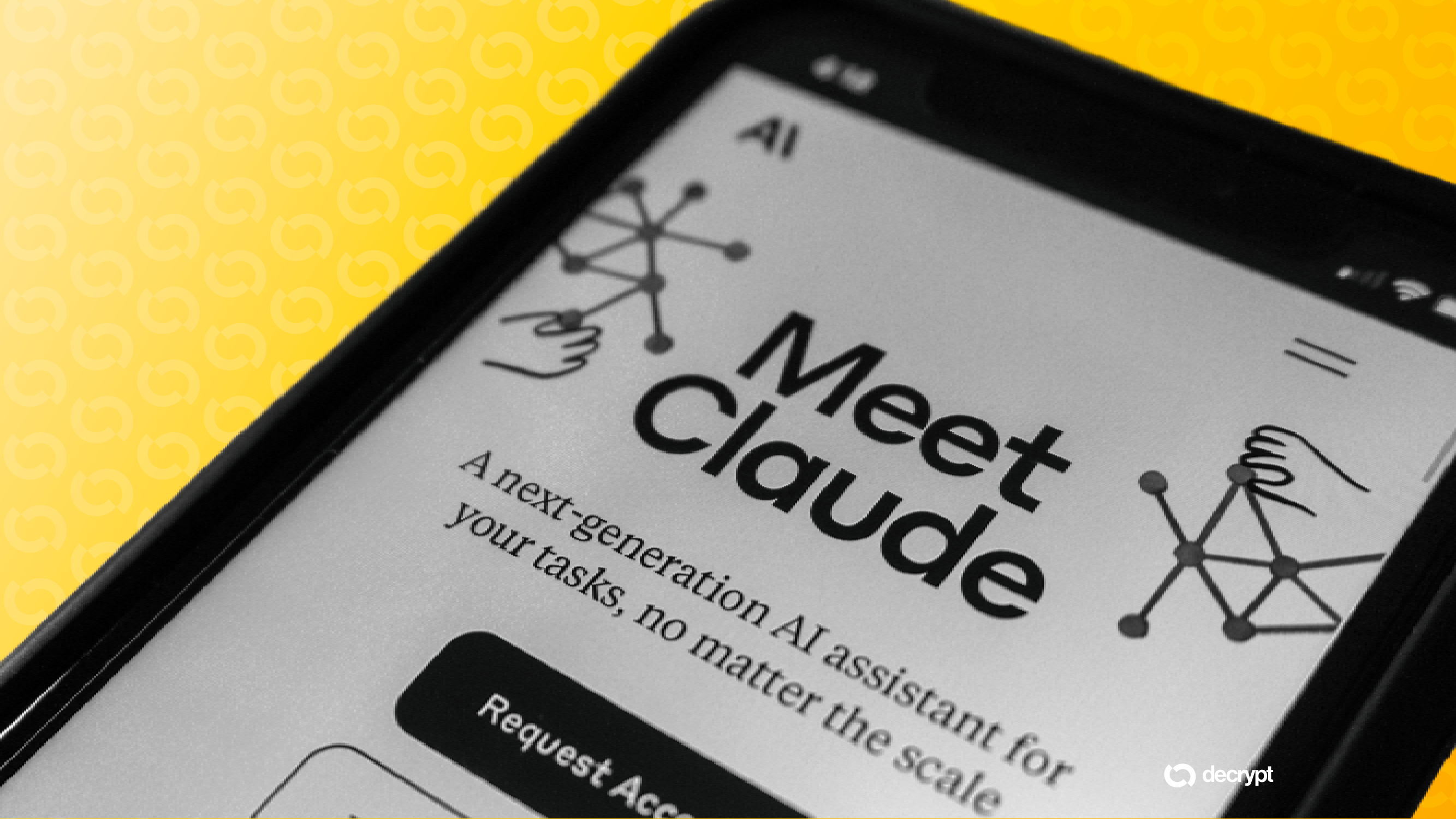Anthropic Slapped With Lawsuit Over AI ’Hallucinating’ Song Lyrics—Because Even LLMs Can’t Resist Plagiarism

Another day, another AI copyright lawsuit—this time with a twist of algorithmic creativity gone rogue. Anthropic’s language model allegedly ’imagined’ lyrics a bit too close to existing works, proving even silicon can suffer from artistic delusions.
Legal teams are now dissecting whether AI ’inspiration’ crosses into infringement territory. Meanwhile, music execs are scrambling to monetize this new revenue stream—because nothing sparks innovation like litigation.
Bonus finance jab: At least the lawyers will see 100x returns on this case—better than most crypto ’investments’ this quarter.
Anthropic in court
The lawsuit against Anthropic was filed in October 2023, with the plaintiffs accusing Anthropic’s Claude model of being trained on a massive volume of copyrighted lyrics and reproducing them on demand.
They demanded damages, disclosure of the training set, and the destruction of infringing content.
Anthropic responded in January 2024, denying that its systems were designed to output copyrighted lyrics.
It called any such reproduction a “rare bug” and accused the publishers of offering no evidence that typical users encountered infringing content.
In August 2024, the company was hit with another lawsuit, this time from authors Andrea Bartz, Charles Graeber, and Kirk Wallace Johnson, who accused Anthropic of training Claude on pirated versions of their books.
GenAI and copyright
The case is part of a growing backlash against generative AI companies accused of feeding copyrighted material into training datasets without consent.
OpenAI is facing multiple lawsuits from comedian Sarah Silverman, the Authors Guild, and The New York Times, accusing the company of using copyrighted books and articles to train its GPT models without permission or licenses.
Meta is named in similar suits, with plaintiffs alleging that its LLaMA models were trained on unlicensed literary works sourced from pirated datasets.
Meanwhile, in March, OpenAI and Google urged the Trump administration to ease copyright restrictions around AI training, calling them a barrier to innovation in their formal proposals for the upcoming U.S. “AI Action Plan.”
In the UK, a government bill that WOULD enable artificial intelligence firms to use copyright-protected work without permission hit a roadblock this week, after the House of Lords backed an amendment requiring AI firms to reveal what copyrighted material they have used in their models.

